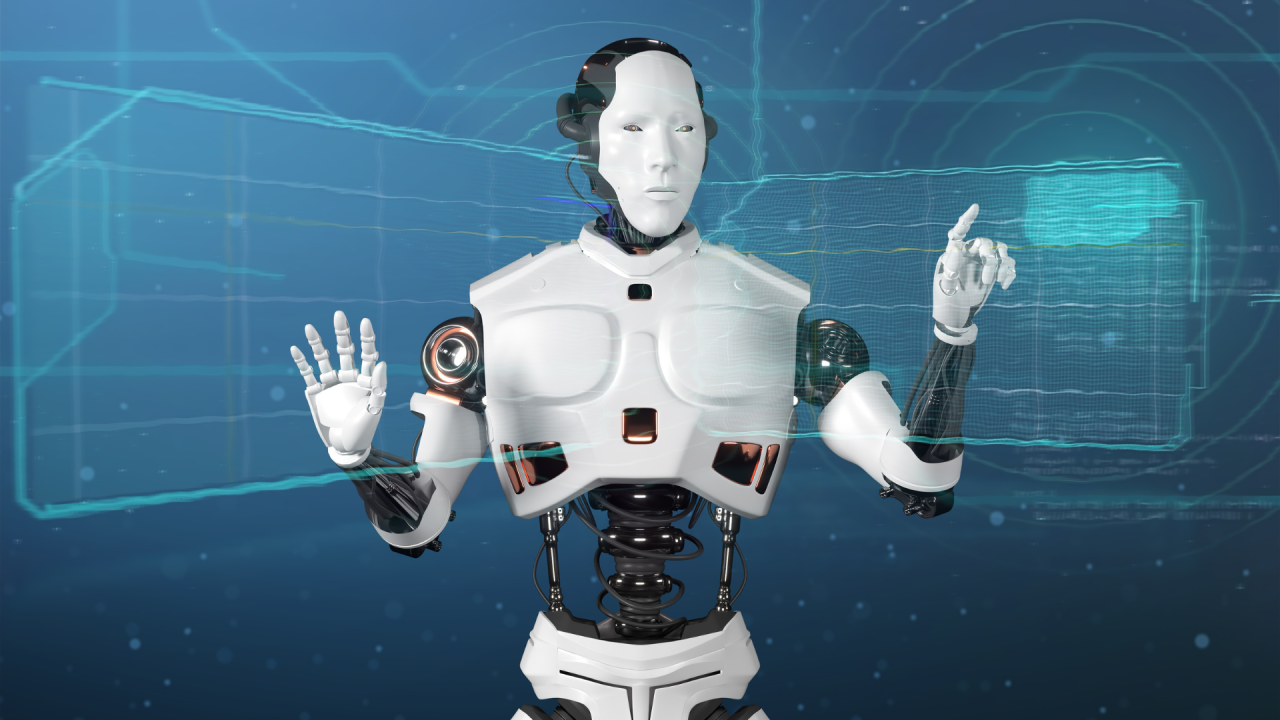AI Candidate Screening: Transforming Talent Acquisition
Introduction
The recruitment landscape has evolved dramatically over the past few years, driven by technological advancements and the increasing need for efficiency. One of the most groundbreaking innovations in the hiring process is AI candidate screening. Organizations worldwide are leveraging artificial intelligence to streamline their recruitment strategies, enhance decision-making, and improve candidate experience.
AI candidate screening is the process of using artificial intelligence algorithms to evaluate job applications, assess candidate suitability, and identify the best talent for an organization. With AI, recruiters can process large volumes of applications in record time, reducing human bias and ensuring a more data-driven approach to hiring.
This article delves deep into AI candidate screening, exploring its benefits, challenges, ethical considerations, and future implications.
The Role of AI in Candidate Screening
AI-powered candidate screening solutions employ machine learning (ML), natural language processing (NLP), and predictive analytics to assess resumes, cover letters, and application responses. These technologies analyze text, evaluate qualifications, and even predict a candidate’s potential job performance based on historical data.
Key components of AI candidate screening include:
- Automated Resume Screening: AI tools scan and rank resumes based on predefined criteria, such as skills, education, and experience.
- Chatbots and Virtual Assistants: AI-powered chatbots engage with candidates, answer queries, and collect essential data.
- Predictive Analytics: AI can forecast a candidate’s likelihood of success by comparing their profile with successful employees.
- Video Interview Analysis: AI tools analyze facial expressions, speech patterns, and body language to assess candidate suitability.
Benefits of AI Candidate Screening
1. Enhanced Efficiency and Speed
Traditional hiring methods involve manual resume screening, which is time-consuming and prone to errors. AI speeds up the process by automatically filtering out unqualified candidates, allowing recruiters to focus on top talent.
2. Reduced Bias and Increased Fairness
Human recruiters may have unconscious biases that affect hiring decisions. AI minimizes this risk by evaluating candidates based on objective criteria, ensuring a more inclusive hiring process.
3. Cost Savings
Hiring the wrong candidate can be costly. AI helps organizations avoid these expenses by identifying the most suitable candidates quickly, reducing turnover rates, and lowering recruitment costs.
4. Improved Candidate Experience
AI-driven tools, such as chatbots and automated emails, provide real-time updates to candidates, improving engagement and transparency.
5. Better Quality of Hires
By leveraging data-driven insights, AI ensures that only the most qualified candidates progress through the recruitment funnel, improving overall workforce quality.
Challenges of AI Candidate Screening
1. Algorithmic Bias
While AI aims to reduce bias, it can also perpetuate biases if trained on biased data. Organizations must ensure their AI models are fair and continuously updated to avoid discriminatory hiring practices.
2. Lack of Human Touch
Automating candidate screening may depersonalize the hiring process. Candidates appreciate human interaction, and over-reliance on AI may lead to disengagement.
3. Data Privacy Concerns
AI screening involves processing vast amounts of personal data. Organizations must adhere to data protection regulations like GDPR and CCPA to safeguard candidate information.
4. Risk of False Negatives and Positives
AI algorithms are not perfect. They may overlook highly qualified candidates (false negatives) or advance unsuitable candidates (false positives). Regular refinement and human oversight are crucial.
5. High Implementation Costs
Deploying AI-powered screening tools requires a significant investment in technology, training, and system integration, which may not be feasible for small businesses.
Ethical Considerations in AI Candidate Screening
- Transparency: Companies must ensure AI screening tools are transparent, providing insights into how hiring decisions are made.
- Accountability: Organizations should hold themselves accountable for AI-driven decisions and provide candidates with a way to appeal unfair rejections.
- Diversity and Inclusion: AI must be trained on diverse datasets to avoid discrimination against specific demographics.
- Candidate Privacy: Employers should obtain consent before processing candidate data and ensure compliance with legal requirements.
The Future of AI in Candidate Screening
The future of AI candidate screening is promising, with continuous advancements in AI and ML enhancing accuracy and fairness. Key trends include:
- AI-Powered Gamified Assessments: AI-driven games to assess cognitive abilities and job fit.
- Emotional Intelligence (EI) Analysis: AI measuring a candidate’s EI to predict workplace behavior.
- Blockchain for Candidate Verification: Secure and tamper-proof verification of candidate credentials.
- Hybrid AI-Human Screening Models: Combining AI efficiency with human judgment for better hiring decisions.
Conclusion
AI candidate screening is revolutionizing talent acquisition by improving efficiency, reducing bias, and enhancing the quality of hires. However, it also comes with challenges that require ethical considerations and continuous monitoring. By leveraging AI responsibly, organizations can build more diverse, high-performing teams while ensuring a fair hiring process.



